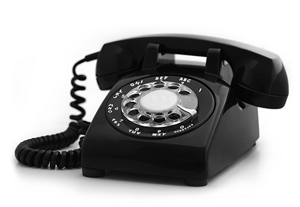Mortgage Security
Mortgage registration
Standard or collateral charges
When setting up your mortgage, your lender will secure the loan by registering a “charge” against your property. There are two types of charges that can be registered against land: standard and collateral.
Registering mortgages
Bridgewater Bank registers all mortgages as standard charge mortgages. That means that the mortgage charge will be registered for the actual amount of the loan. During the registration process, we register a charge on your land using several documents, including a document called Standard Mortgage Terms.
Example:
- You want to buy a home that costs $300,000.
- You need a mortgage of $250,000.
- When setting up your mortgage, Bridgewater Bank will register the charge for amount of the loan $250,000.
At the end of your term, an option you might decide upon is to transfer your existing standard charge mortgage to a different lender. This transfer is referred to as an assignment. If your new lender accepts the transfer, they may be willing to cover some or all of your costs. This is something you should ask potential lenders about when considering transferring your mortgage.
If you want to borrow additional funds using your home as security, depending on certain factors (including the additional amount you want to borrow, the current amount owing on your existing mortgage and the value of your home), you may need to pay fees to discharge your existing mortgage and register a new one.
Other lenders may allow you to register your mortgage as a collateral charge mortgage. This type of mortgage allows you to use your property as security for additional purposes.
Collateral charge mortgages
Important things to know about collateral charge mortgages:
- A lender can register the charge for 100% (or more) of the value of your home when you are only borrowing 85% of the home’s value. Even though the charge may be registered for more than your initial loan, you only have to repay funds and pay interest on the money you actually borrow.
- Access to additional funds is not automatically approved. Your lender will generally need to approve any requests and re-qualify you for additional funds you want to borrow. If your financial situation changes (for instance, you lose your job), they can refuse your request.
- If you borrow additional funds on your mortgage, you may not be offered the same rate or terms as your original mortgage.
- Other lenders may not automatically accept your collateral charge mortgage if you want to transfer at the end of your term. Instead, you will likely need to pay fees to discharge your existing collateral charge mortgage and register a new one with the new lender.
- If you want to discharge your collateral charge mortgage, your current lender can require you to repay any additional funds that had been secured by the charge, such as car loans.
Reach out to us if you have questions!
Contact us